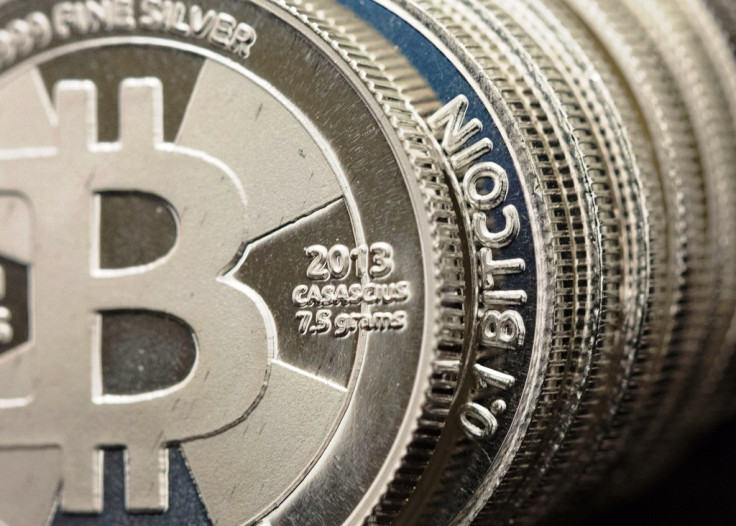Silk Road and Mt Gox linked by transactions to major bitcoin players since 2009 'big bang'

Elliptic is a bitcoin analytics and security firm, the backbone of which is a group of Oxbridge holders of technical PhDs who have combined their academic expertise with knowledge of financial markets.
For the past few years it has been applying anti-money laundering (AML) protocols to the cryptocurrency space.
The firm's latest step towards helping businesses in the space meet their AML obligations is a technology that plots the inter-connectivity of the key players in bitcoin since the cryptocurrency's genesis in 2009.
Elliptic chief executive officer and founder, Dr James Smith told IBTimes UK: "There are lots of criminal entities and lots of legitimate entities, and if you look at these from the early days there are inevitable links between them. In order to spare people any embarrassment we have chosen to anonymise what we have found."
Elliptic's research has been used to comprise an expanding universe of transaction flows which plots connections that include the likes of Silk Road, Silk Road 2.0 and Mt.Gox.
The research shows Silk Road connections to bitcoin exchanges, flows from illegal market places, and the use of bitcoin tumblers like Bitcoinfog.
The use of a bitcoin tumbler - a means of scrambling together the parts of transactions which can be traced to the owners of the coins involved - could be because someone has sold some drugs and wants to clean the coins before going back to an exchange.
On the other hand, it might simply be because someone has taken extra steps to protect their privacy – not uncommon in these days of government-ordained snooping.
Smith said: "Tumblers make it very hard to trace activity, if done well. It's not always done well, but if it is, it becomes hard to connect the transactions. What we can see is that it's been through a tumbler. A customer might have used a tumbler just to increase their privacy, but we can take this into account and look for other activity that may be suspicious.

"We have been automating this approach and the next step is identifying patterns and pattern recognition and how this relates to suspicious activity."
Looking at patterns related to sizes of transactions and such proved to be an onerous task for the full might of the FBI as it sifted through the digital fallout from Silk Road. Smith takes a pragmatic approach. With reference to the mountains of paper-bound suspicious transaction reports generated by banks in the aftermath of 9/11, he said that handing someone untold reams of data is pointless.
"There needs to be thresholds," he said.
On the subject of where on the planet the majority of nefarious transactions might be emanating from, and if this can be pinpointed, Smith said: "This can be done to some extent but picking out geography is not simple. At this stage I would not say, but it would be my hunch that this is happening more in the West where things are a bit more sophisticated."
Bitcoin regulations are a hot topic, not least because the industry itself is moving about a hundred times faster than any attempt at formulating a rule book, which throws up issues of scope with any potential regulations before they have even been tabled.
The firm made lists of the types of businesses that may be regulated and decided that anyone who handles transactions needs to be doing AML. Just like anyone who deals with assets of any value has a certain responsibility, so does anyone who holds custody of an asset.
The situation varies significantly from place to place (New York is berated roundly for stifling innovative start-ups because it requires a bitcoin licence from people within the state's jurisdiction).
In the UK there have been some drives to self-regulate the industry, such as the Digital Currency Association, and globally many AML best practice documents have been released.
Smith added: "The UK has been good about this – they understand that they don't understand everything. It is slow but sensible approach."
Commenting on the new capabilities released by Elliptic, Jeffrey Robinson, author and expert on money laundering regulations, told IBTimes: "Anything that helps to shine a light on the decidedly murky world of bitcoin is good.
"But one of the keys to AML is discovering the beneficial owner of the money and the problem with bitcoin remains, what you see is not necessarily what you get. Wait for the the reaction to this by the bitcoin faithful. If they scream, bitch, complain and yell unfair, then you know it's worthwhile."
© Copyright IBTimes 2025. All rights reserved.






















